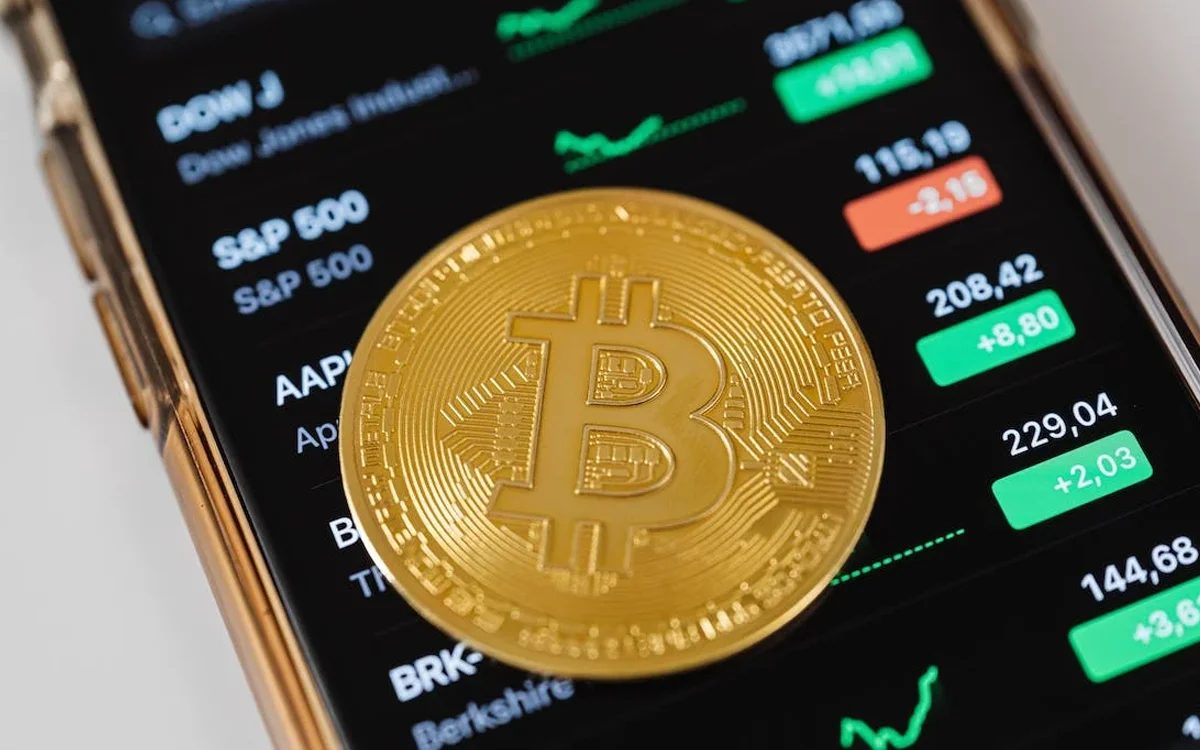Bitcoin Means Financial Freedom, According to a Crypto Expert
09.07.2024 10:00 1 min. read Alexander Stefanov
In a recent statement, John E. Deaton, a prominent legal expert and advocate for cryptocurrencies, hailed Bitcoin as a symbol of financial liberty and a crucial tool against centralized financial control by figures like US Senator Elizabeth Warren.
Deaton emphasized Bitcoin’s decentralized nature, which empowers individuals by offering an alternative to traditional banking systems and government regulations.
During a podcast with Anthony Scaramucci, founder of SkyBridge Capital, Deaton described Bitcoin as synonymous with freedom, reflecting his belief in self-determination in America.
He criticized Senator Warren’s stance, characterizing it as promoting a paternalistic state where elites dictate personal decisions, including financial investments.
Deaton drew parallels to historical restrictions on investments, such as the ban on public purchase of Apple stock during its IPO in 1980, suggesting Warren’s approach could similarly limit access to Bitcoin.
Meanwhile, he responded to Coinbase CEO Brian Armstrong’s view that Bitcoin serves as a hedge against inflation and deficit spending amid expansive fiscal policies threatening traditional currencies.
Overall, Deaton’s remarks underscore Bitcoin’s role as a safeguard of financial autonomy and a counterbalance to governmental overreach in economic matters.
-
1
Esports Giant Moves Into Bitcoin Mining
05.07.2025 13:00 2 min. read -
2
Bitcoin Dominance Nears Key Resistance — Is Altseason Coming Next?
13.07.2025 17:00 2 min. read -
3
Elon Musk Unveils His Own ‘America Party,’ Signals Pro-Bitcoin Political Shift
07.07.2025 11:40 2 min. read -
4
Bitcoin Blasts Past $121,000 as Institutions Fuel Rally—Will Altcoins Follow?
14.07.2025 8:15 2 min. read -
5
Bitcoin: What to Expect After Hitting a New All-time High
10.07.2025 14:00 2 min. read
Global Money Flow Rising: Bitcoin Price Mirrors Every Move
Bitcoin is once again mirroring global liquidity trends—and that could have major implications in the days ahead.
What is The Market Mood Right Now? A Look at Crypto Sentiment And Signals
The crypto market is showing signs of cautious optimism. While prices remain elevated, sentiment indicators and trading activity suggest investors are stepping back to reassess risks rather than diving in further.
What Price Bitcoin Could Reach If ETF Demand Grows, According to Citi
Citigroup analysts say the key to Bitcoin’s future isn’t mining cycles or halving math—it’s ETF inflows.
Is Bitcoin’s Summer Slowdown a Buying Opportunity?
Bitcoin may be entering a typical summer correction phase, according to a July 25 report by crypto financial services firm Matrixport.
-
1
Esports Giant Moves Into Bitcoin Mining
05.07.2025 13:00 2 min. read -
2
Bitcoin Dominance Nears Key Resistance — Is Altseason Coming Next?
13.07.2025 17:00 2 min. read -
3
Elon Musk Unveils His Own ‘America Party,’ Signals Pro-Bitcoin Political Shift
07.07.2025 11:40 2 min. read -
4
Bitcoin Blasts Past $121,000 as Institutions Fuel Rally—Will Altcoins Follow?
14.07.2025 8:15 2 min. read -
5
Bitcoin: What to Expect After Hitting a New All-time High
10.07.2025 14:00 2 min. read


